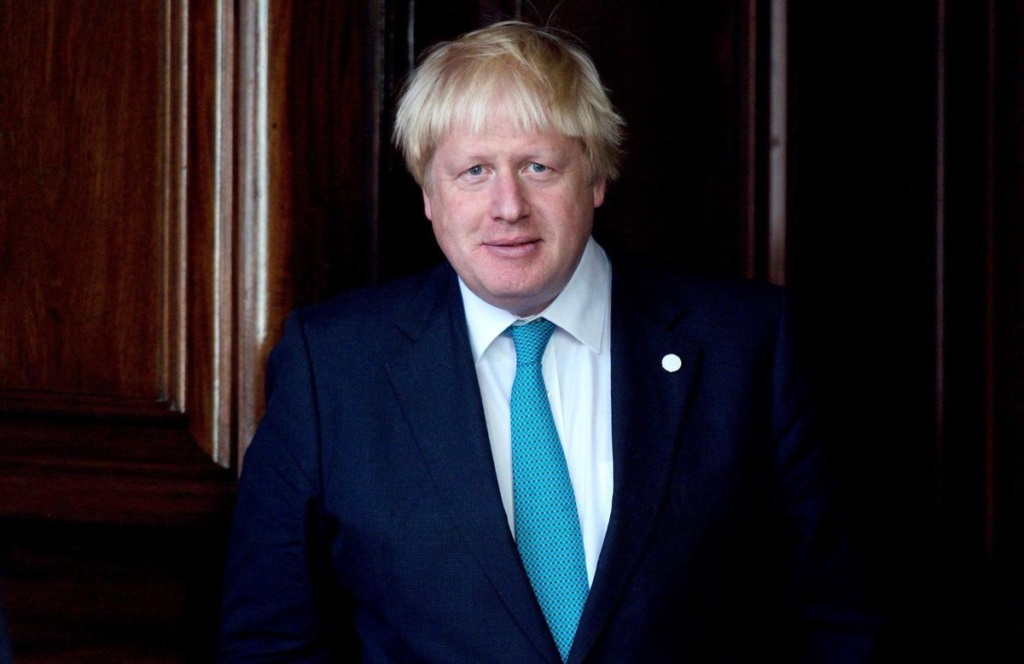
There is no doubt that Boris Johnson’s splashing the cash immediately after his election sent a little frisson of excitement throughout the education community. It might be a piece of early electioneering, but £14.2 billion was something worth believing in.
Wiser counsels might have warned that the current disastrous period of cuts in education was augured in by the self-professed liberal government of David Cameron, with the half-truth that he was maintaining the protection on education spending, when he was doing the exact opposite.
The half-truth was maintained by conflating absolute spending amounts with real spending adjusted for inflation, new pension arrangements and increasing school rolls.
Half-truths and statistical manipulations have always been the stock-in-trade for politicians, but you can’t help feeling that in this ‘post-truth‘ era we have moved into a different league. And the manipulation of the truth is spreading downwards and outwards from the top.
To start with, Boris’ new spending largess was part of a £50 billion give away bonanza leading up to the Conservative Party conference. The likelihood of it ever being fully realized is entirely remote. The Education Policy Institute were also quick to point out that only £2.5 billion over 5 years was new spending, the rest was planned adjustments for inflation and wage rises. Of that £2.5 billion, most of it was set aside for ‘levelling up’, which, in itself, could have a damaging impact on schools in high need areas of deprivation, as these are the very schools that were already at a disadvantage to more well-off schools that have fewer free school meal pupils.
In short, it would only need the slightest fall in projected public expenditure, perhaps as a result of Brexit, for the promises for additional spending to education to vaporise. Even now, the Coalition Against Cuts, which comprises most of the education unions, have issued an analysis of the just announced cash allocations for schools, showing that by 2020, 83 per cent of schools will have less money than in 2015. To recover the funding position of 2015, the government needs to triple the amount of funding available.